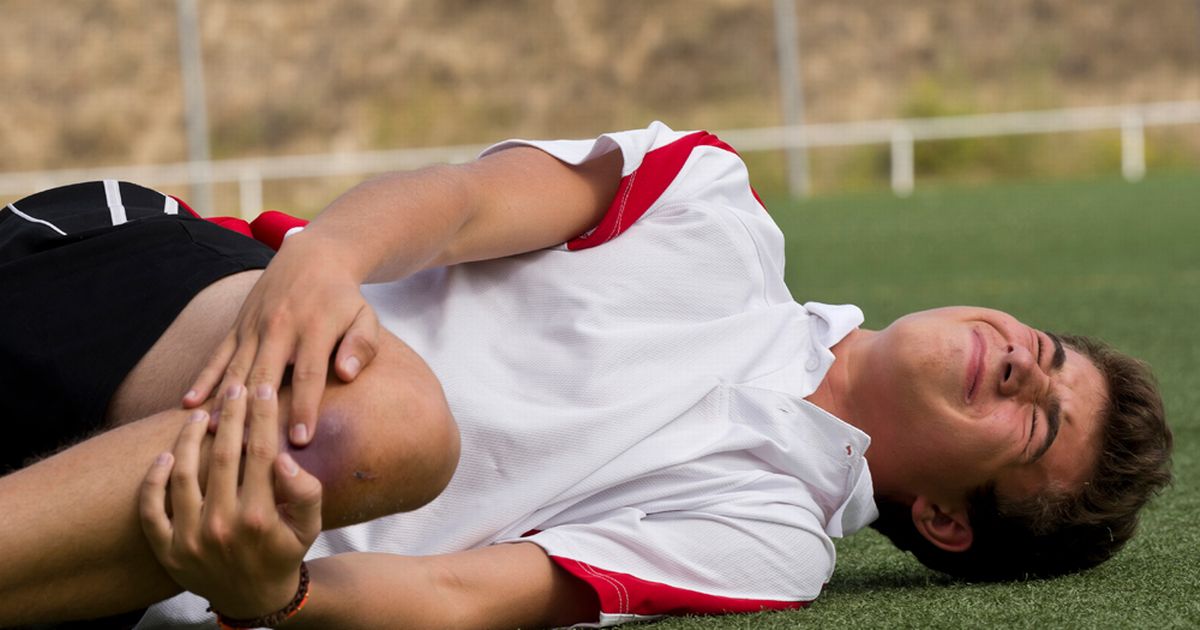
What is Rehabilitation?
Sports injuries occur during exercise or while participating in a sport. Children are particularly at risk for these types of injuries, but adults can get them, too
You’re at risk for sports injuries if you:
- haven’t been regularly active
- don’t warm up properly before exercise
- play contact sports
Types Of Sports Injury
Different sports injuries produce different symptoms and complications. The most common types of sports injuries include:
- Sprains. Overstretching or tearing the ligaments results in a sprain.
- Strains. Overstretching or tearing muscles or tendons results in a sprain. Strains are commonly mistaken for sprains.
- Knee injuries. Any injury that interferes with how the knee joint moves could be a sports injury.
- Swollen muscles. Swelling is a natural reaction to an injury. Swollen muscles may also be painful and weak.
- Fractures. Bone fractures are also known as broken bones.
- Dislocations. Sports injuries may dislocate a bone in your body. When that happens, a bone is forced out of its socket. This can be painful and lead to swelling and weakness.
- Rotator cuff injury. Four pieces of muscle work together to form the rotator cuff. The rotator cuff keeps your shoulder moving in all directions. A tear in any of these muscles can weaken the rotator cuff.
SPORTS INJURY TREATMENT
The PRICE method is a common treatment regimen for sports injuries. It stands for:
- Prevention
- Rest
- Ice
- Compression
- Elevation
This treatment method is helpful for mild sports injuries. For best results, follow the RICE method within the first 24 to 36 hours after the injury. It can help reduce swelling and prevent additional pain and bruising in the early days after a sports injury.
If your sports injury looks or feels severe, make an appointment to see your doctor. Seek emergency care if the injured joint shows signs of:
- severe swelling and pain
- visible lumps, bumps, or other deformities
- popping or crunching sounds when you use the joint
- weakness or inability to put weight on the joint
- instability
Conditions We Treat:
- Achilles Tendon Injury
- ACL Injuries
- Ankle Injury
- Concussions
- Dislocated Shoulder
- Golfer’s Elbow
- Groin Pull
- Hamstring Injuries
- Head Injury
- Muscle Strain
- Posterior Cruciate Ligament Injury
- Repetitive Motion Injuries
- Rotator Cuff Tear
- Running Injuries
- Shin Splints
- Skier’s Thumb
- Soreness After Exercise
- Tailbone Injuries
- Tendon Injuries
- Tennis Elbow
- Turf Toe
- Workout Injuries
